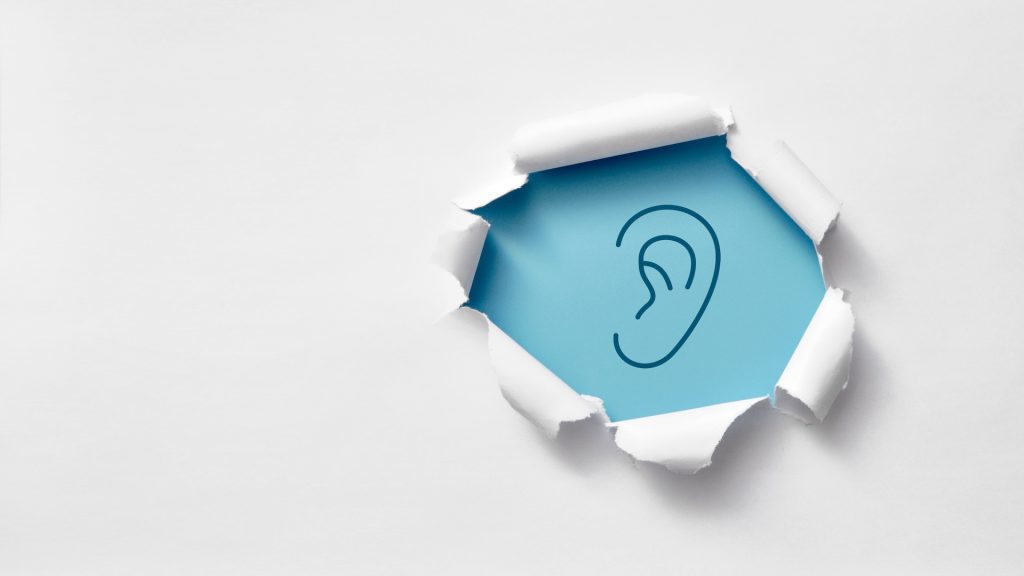A new AI innovation comes in the form of a small, always-listening pendant. But instead of making its owner more productive, it simply accompanies, listens and motivates him.
Avi Schiffmann proudly presented his “Friend” to US magazine Wired, a small, round wearable that is worn around the neck like an AirTag. This AI buddy always listens, offers opinions, motivation and sometimes even spontaneous comments – all via text messages or push notifications on the paired smartphone.
Schiffmann already attracted attention during the coronavirus pandemic. He, a teenager from Seattle, created the world’s best coronavirus information page. The Süddeutsche Zeitung reported on how the then 17-year-old managed to outpace the authorities and institutions with his information.
Today, he is tackling loneliness. “According to some studies, up to 50% of Americans in various subgroups – such as teenagers and women with young children – suffer from extreme loneliness,” notes Jodi Halpern, professor at the UC Berkeley School of Public Health.
The “Friend”: junk food or healthy food?
Schiffmann emphasizes that, unlike other wearable AI devices, his “Friend” does not automate tasks or increase productivity. Instead, the Friend is intended to serve as a digital companion that supports and motivates the user and is always there to have a conversation – whether about movies or unsuccessful dates.
However, critics see the danger that such AI companions could increase loneliness and replace real human relationships. Jodi Halpern says that the idea of having a constantly available AI friend as opposed to a real person is like a starving person eating junk food. It can get the job done in the short term, but it doesn’t nourish the person like a healthy meal.
What is striking about the promotional video is that the wearer of a “Friend” smiles at a real person at the very end of the video.
The device uses the Claude 3.5 AI model from Anthropic and has a battery life of around 15 hours. The “Friend” is set to cost 99 US dollars and will be delivered from January 2025. Schiffmann wants to create something that simply offers emotional support. He assures that the Friend neither stores conversations nor violates privacy.



